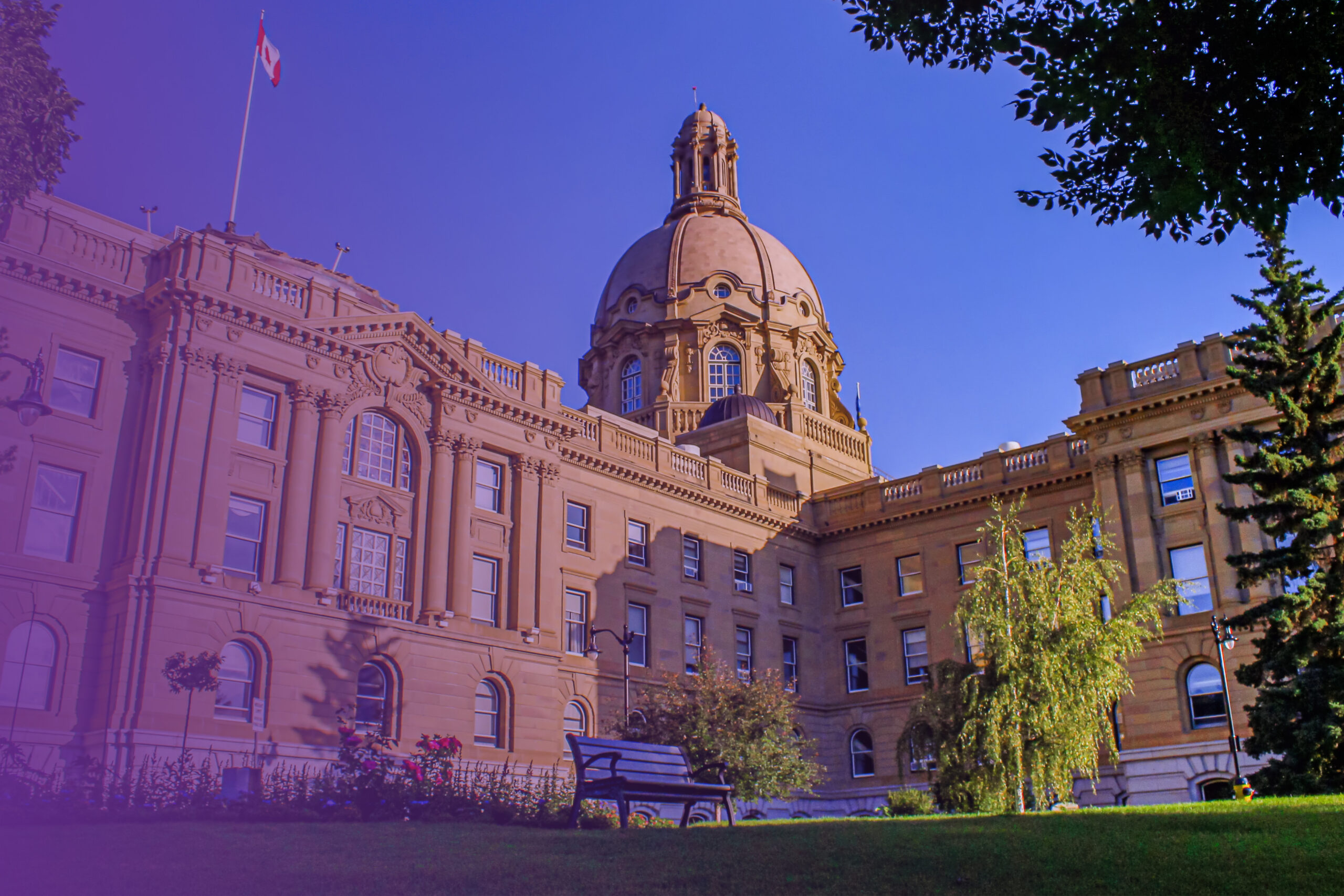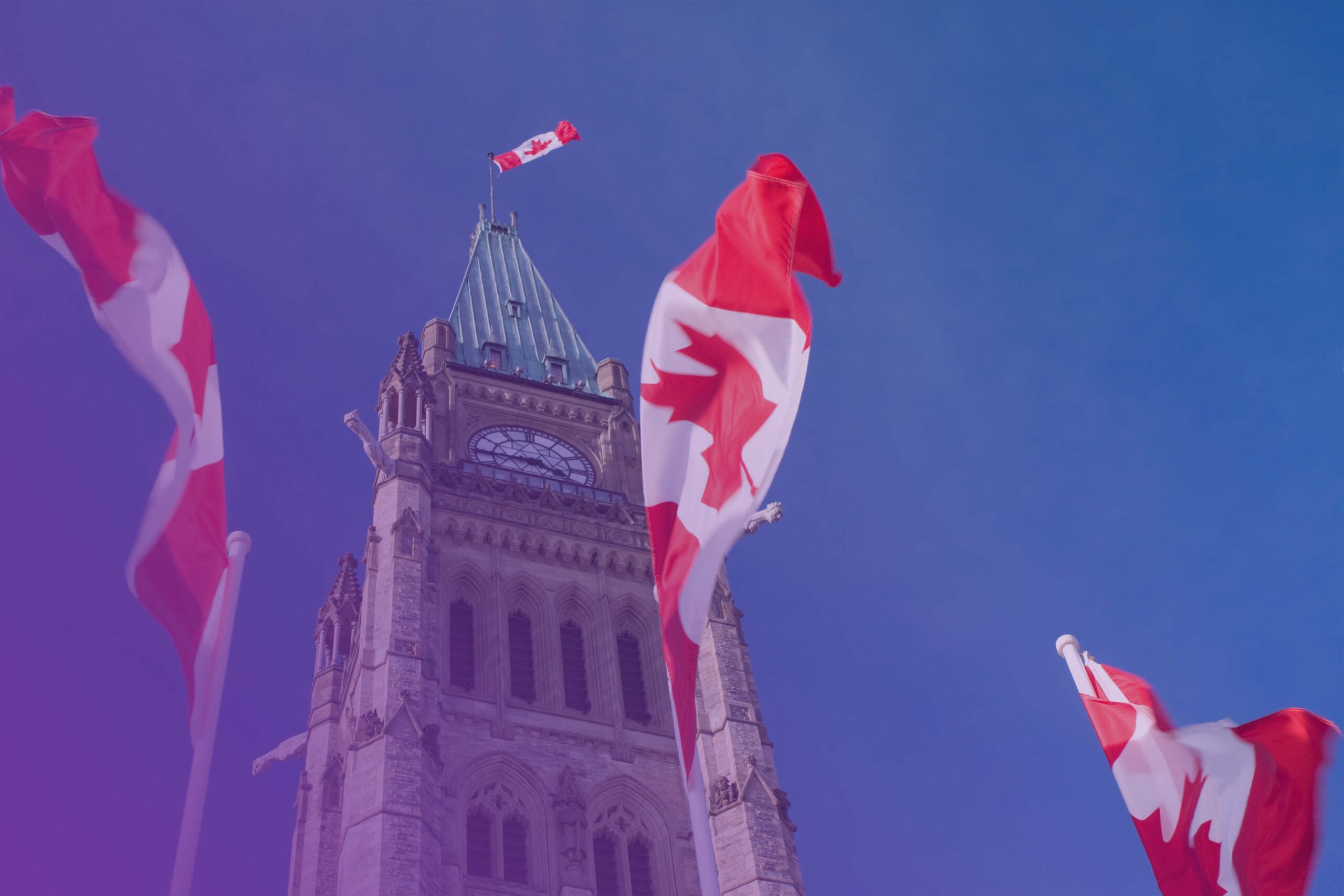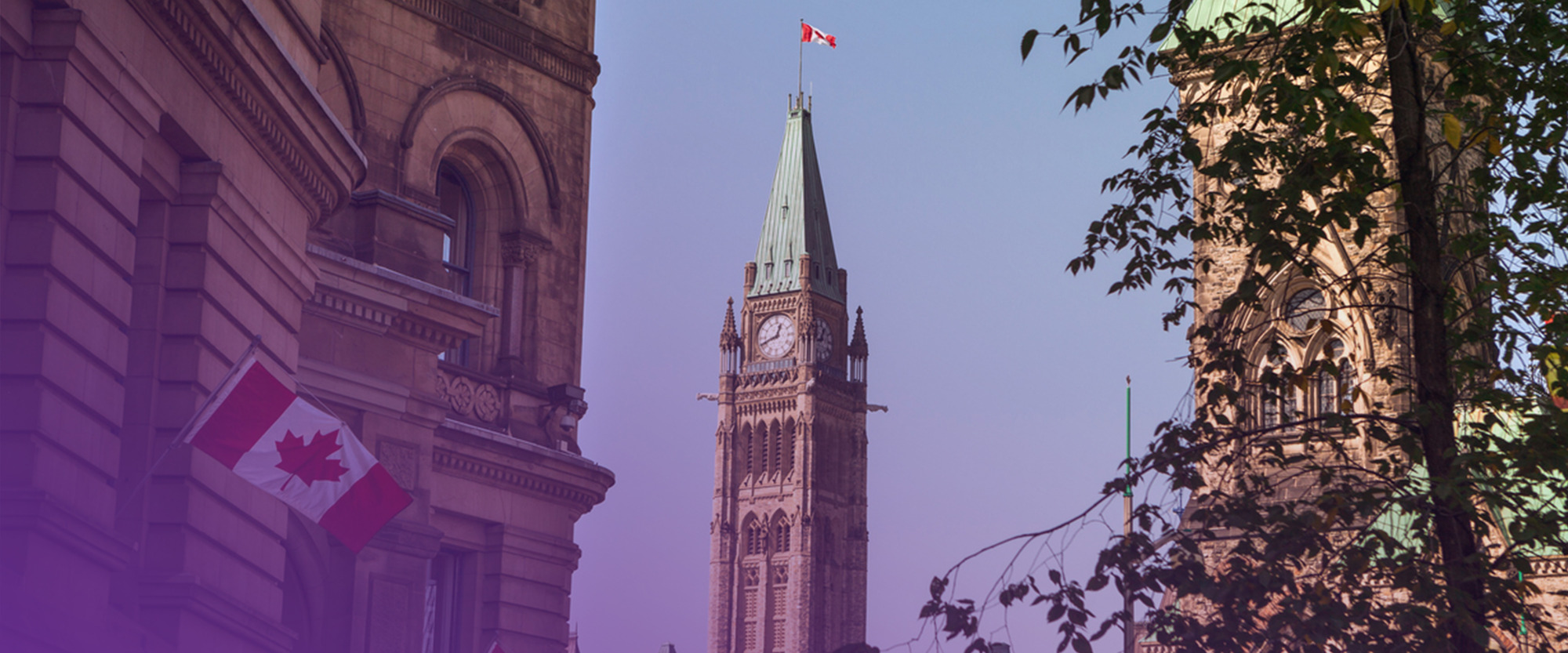Toronto City Council has approved Mayor Olivia Chow’s first budget and much-discussed increases to municipal property tax rates. The budget was debated and approved against the political backdrop of significant fiscal shortfalls, with the city facing projected budget pressures of $46.5 billion over the next 10 years. The budget stood as a reflection of Chow’s past indication that multiple revenue tools would need to be implemented to put the city on a sustainable fiscal footing and achieve her desired goal of “getting the city back on track.”
Key issues debated included the Toronto Police Service’s contentious request for more funding, the largest property tax hike in decades, and a 10 per cent foreign home buyers’ tax amidst a national housing crisis.
Under the Ontario’s new strong mayor legislation, Mayor Chow did not need to seek approval for her budget at Council; rather, the meeting afforded Councillors the opportunity to make amendments and debate the proposal. Despite the ability to veto any amendments, Mayor Chow, confident in her support with Councillors and several side-deals to achieve consensus on contentious issues, chose not to exercise this power. Councillors chose to allocate the $8 million set aside by Mayor Chow to various items including:
- $4.1 million to continue to deliver the Winter Windrow Clearing Program.
- $400,000 for community safety, violence prevention, and wellbeing.
- $500K to implement an action plan for the economy.
- $800K to implement an action plan for the cultural sector.
Additional Budget Details:
- Operating Budget: $17.096 billion gross, $5.304 billion net.
- Capital Budget and Plan (2024-2033): $49.796 billion gross, $6.616 billion debt.
- Focus Areas: Transit Funding ($13.0 billion), Transportation ($5.7 billion), Housing ($3.2 billion + $5.3 billion from foregone revenues and land incentives).
- Investments include purchase of 55 new subway trains, climate mitigation actions, and reduction of State of Good Repair backlog by $1.8 billion over 10 years.
More info on key debates below:
Property Tax
When she unveiled her Budget on February 1st, Mayor Chow adjusted the initial staff-proposed proposed property tax increase down to 9.5 per cent. This revised hike, still the largest since amalgamation, comprised an eight per cent rise in residential rates and a 1.5 per cent increase in the city building fund for housing and transit projects.
Additionally, the budget no longer included a six per cent “federal impacts levy,” originally intended to be imposed if Ottawa did not commit $250 million for refugee support. Immigration Minister Marc Miller announced $362 million for refugee housing nationwide, likely resulting in less funding for Toronto than requested.
Policing Budget
In a recent reversal of her earlier position, Mayor Chow supported a council motion approving the full budget increase requested by the Toronto police. Initially rejecting a $20 million increase, Chow’s shift followed discussions with federal and provincial governments regarding the unique costs associated with policing Canada’s largest city. With additional funding secured from these levels of government, Chow no longer saw the need to cut other programs to support the police. The decision came after the federal government announced $121 million for Ontario police specifically targeting gun violence and auto thefts. Chief Myron Demkiw now saw the approved budget request as essential for addressing emergency response times and hiring more officers. Chow pledged to continue working with Demkiw to improve response times and staffing issues. In a bid to demonstrate that the extra funds are not a free pass to the police force and to appease their progressive base, the mayor, acting through Councillor Chris Moise, moved a motion aimed at directing the service towards reform by implementing the recommendations outlined in the National Inquiry into Missing and Murdered Indigenous Women and Girls.
Foreign Homebuyer’s Tax
City Council approved the 10 per cent tax on foreign buyers of residential properties in Toronto that was unanimously proposed by the Mayor’s executive council. Set to take effect on January 1, 2025, the tax aimed to deter real estate speculation and make it easier for existing residents to find affordable homes amidst the ongoing housing crunch. The tax mirrored Ontario’s existing 25 percent Non-Resident Speculation Tax (NRST) for residential properties. City staff estimated that the new tax could generate up to $15 million in revenue in its first year, although this figure could be lower if the federal ban on residential property purchases by non-Canadians was extended.



